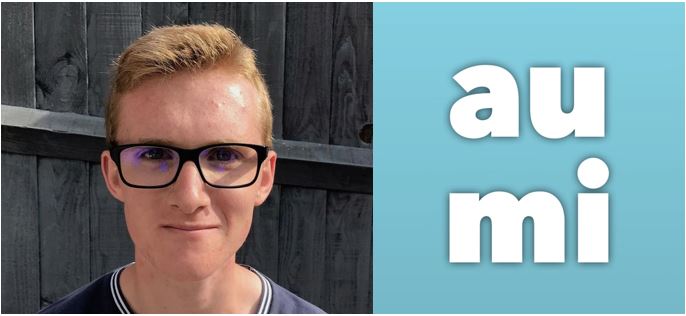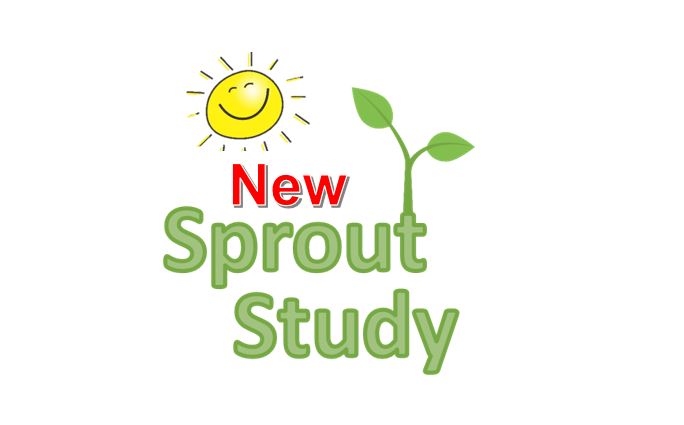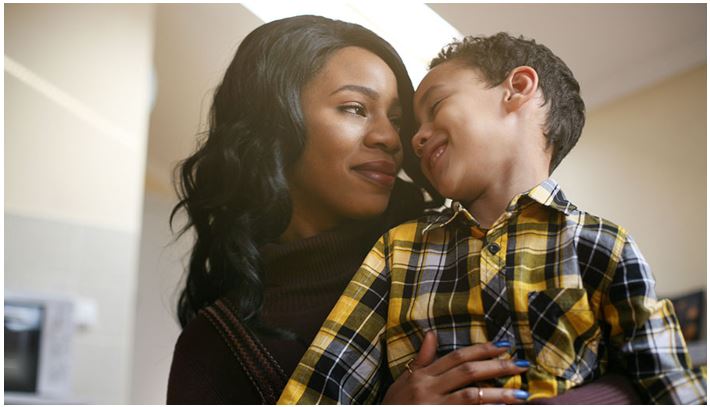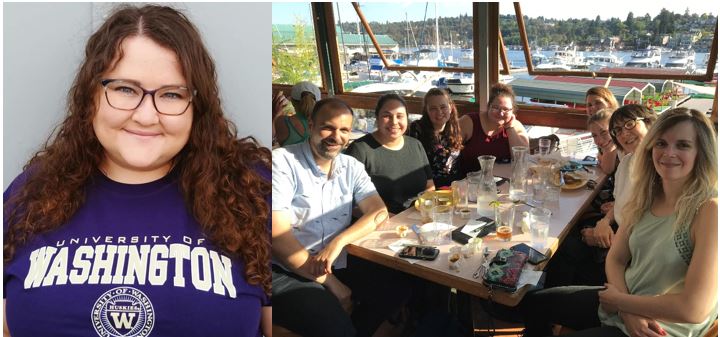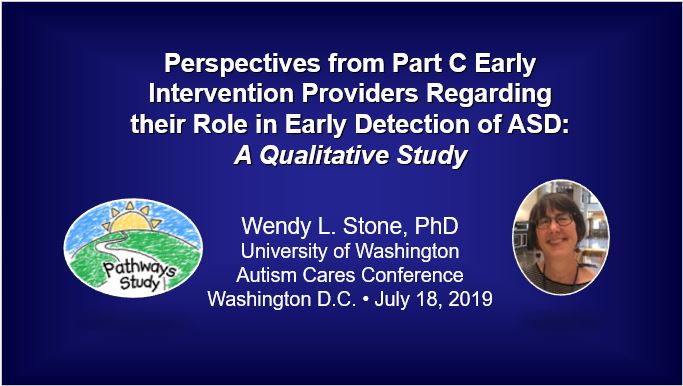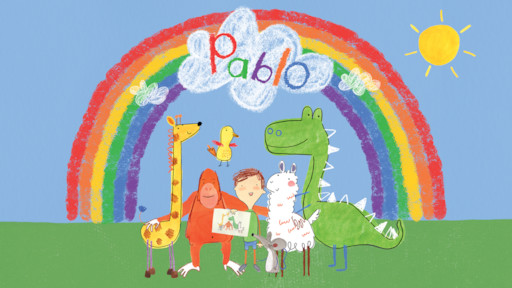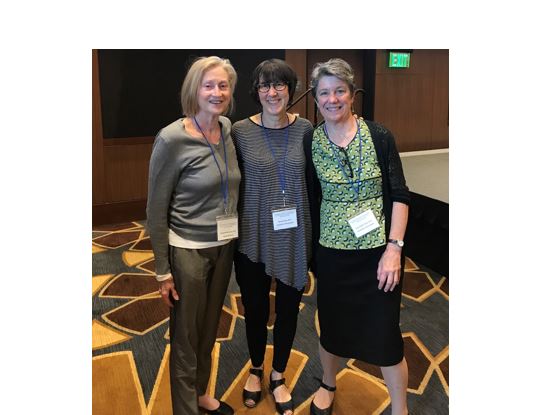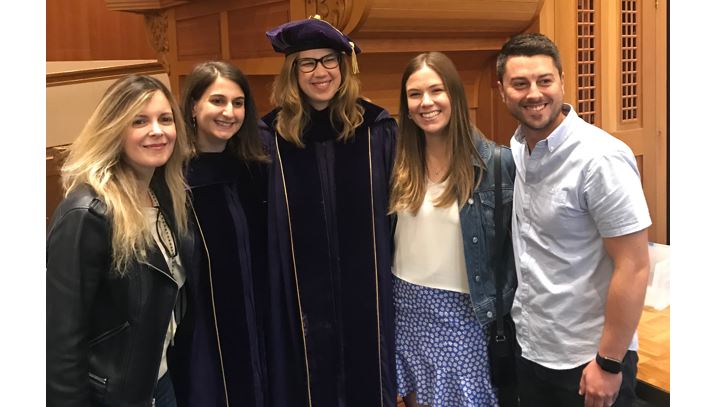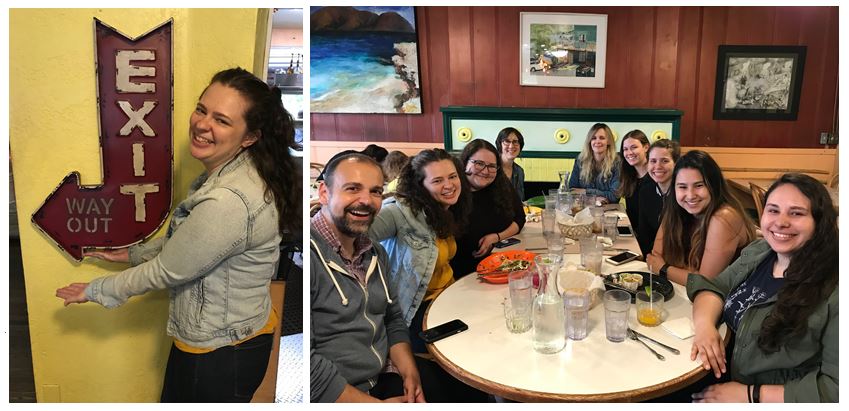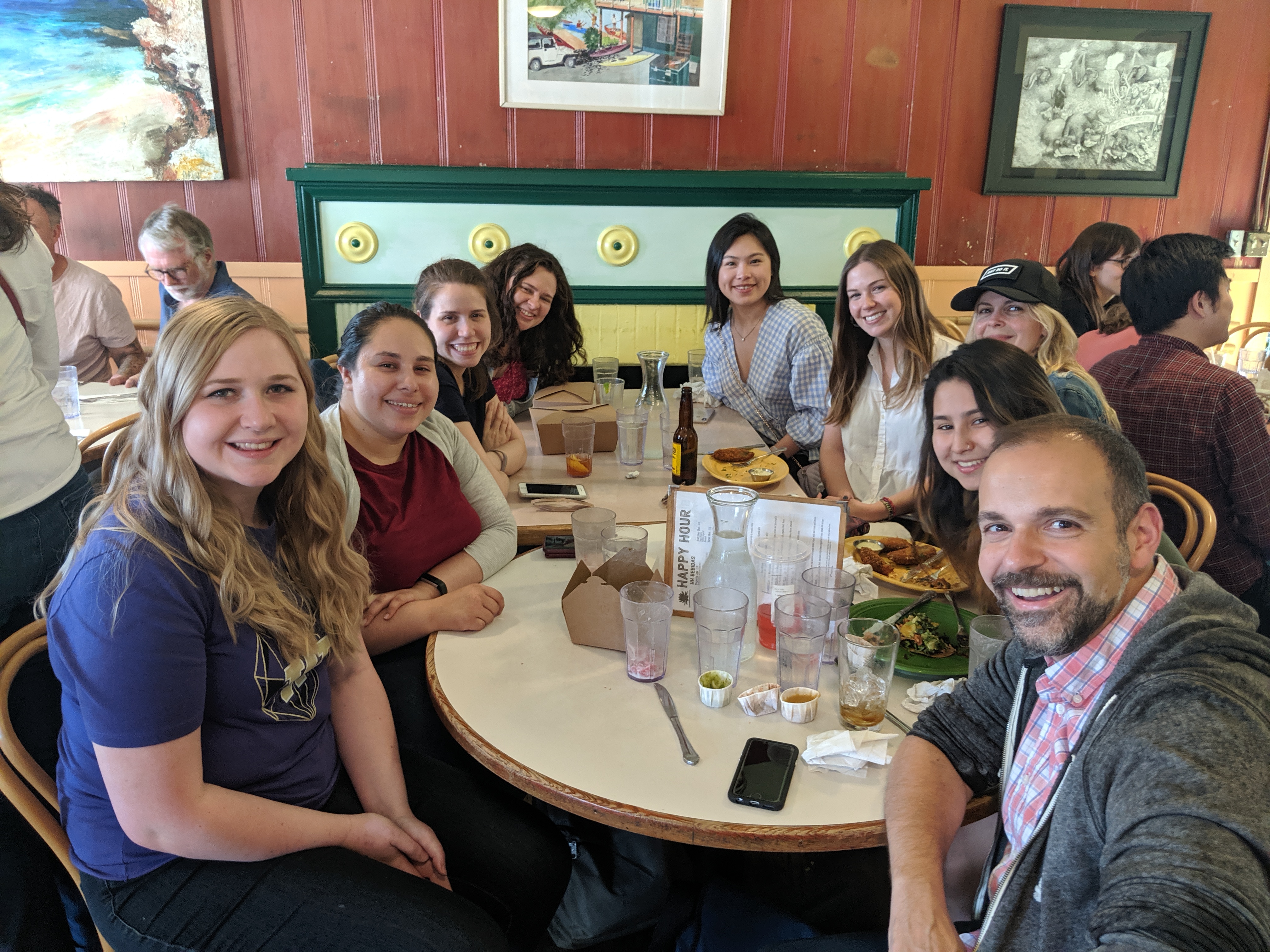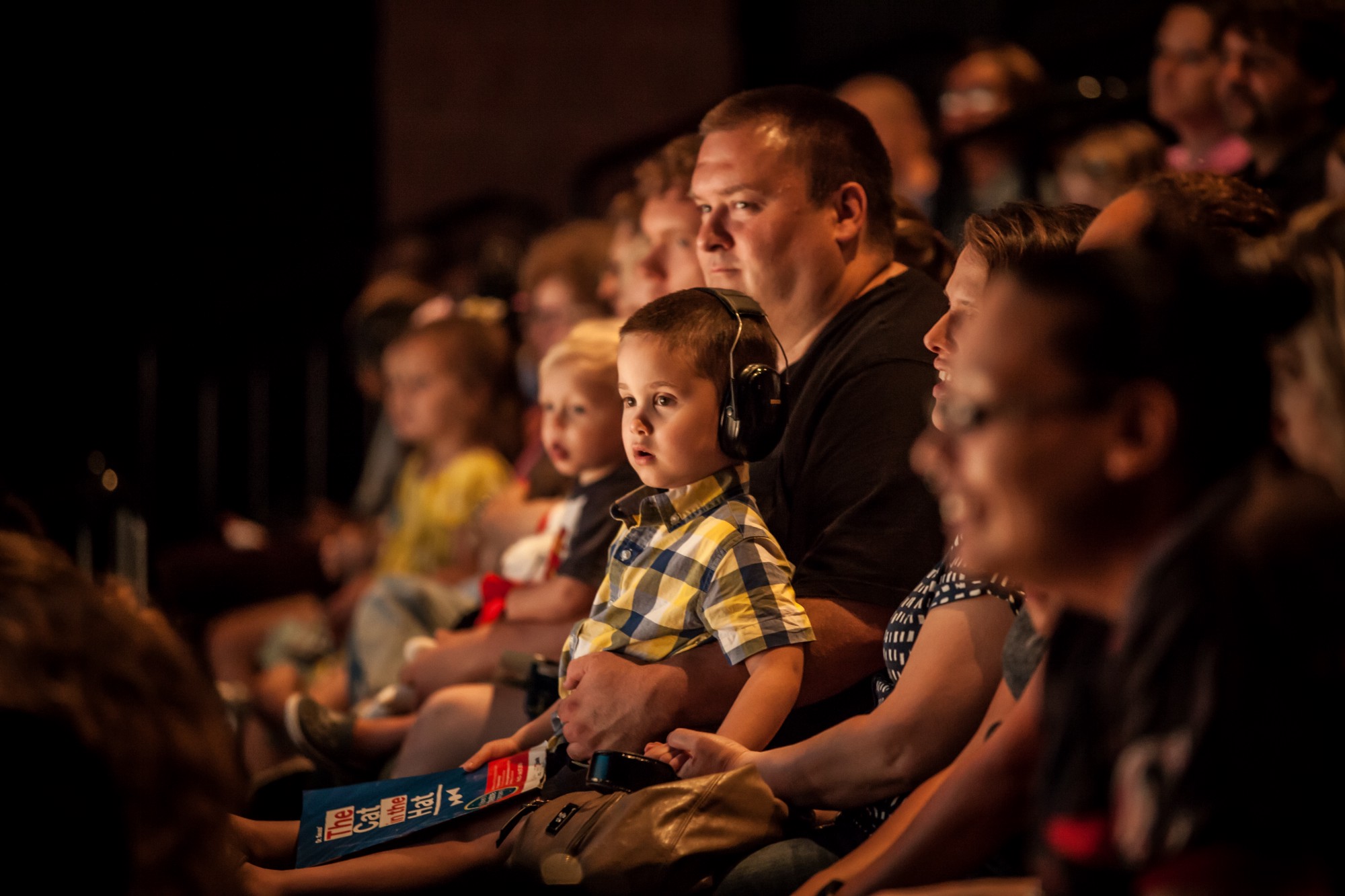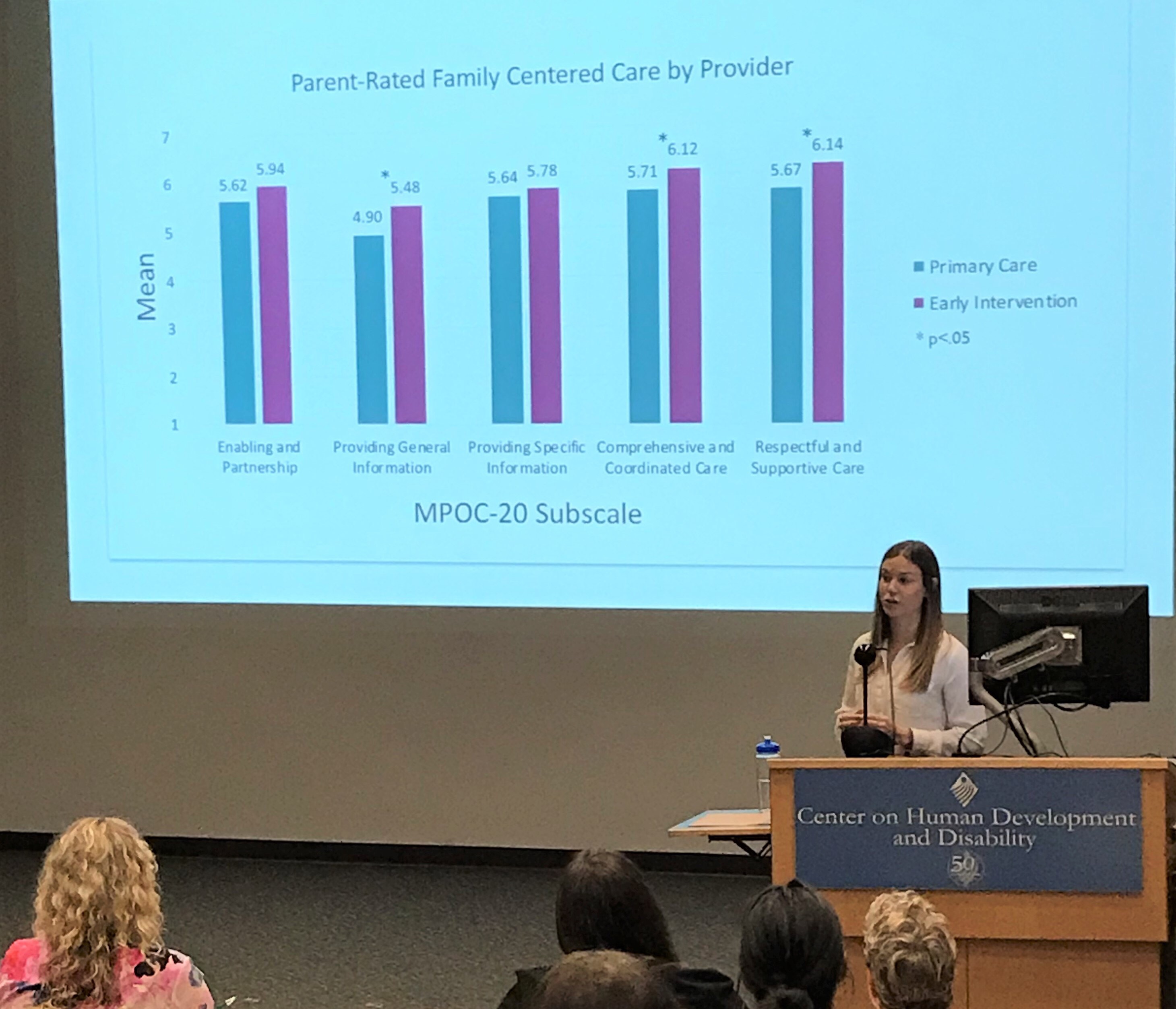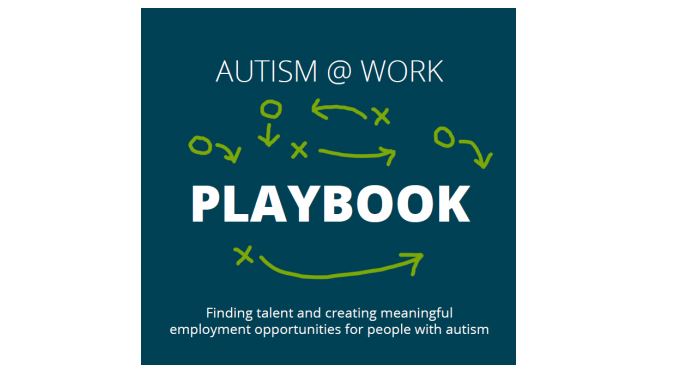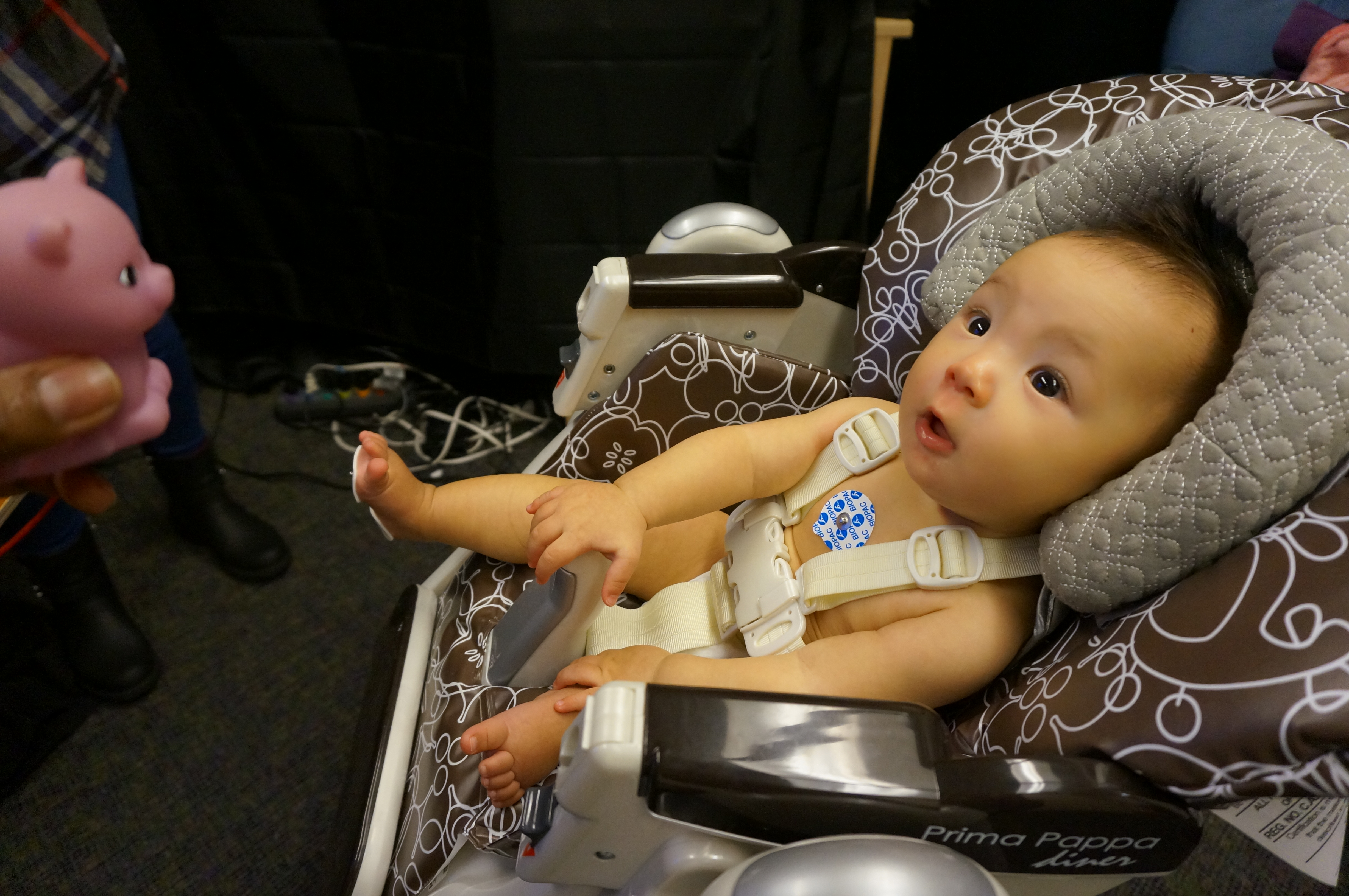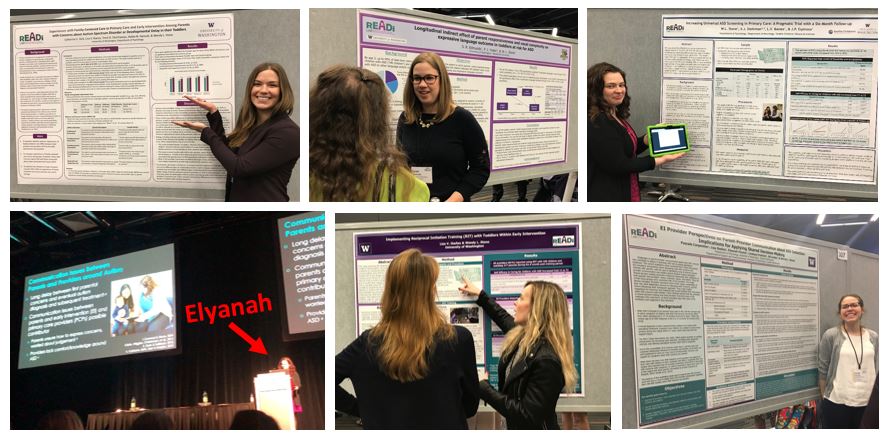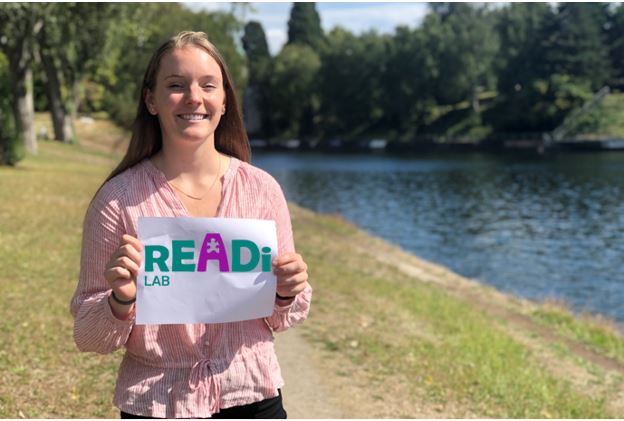
Last week, Sabine Scott joined the READi Lab to work on the Pathways study and the new Sprout study! Born and raised in Southern California, she graduated from Pomona College with a Bachelor of Arts in Psychology in May 2019. Previously, she conducted research involving language acquisition and problem-behavior reduction, worked as a behavioral interventionist, and worked at a day camp for children and young adults with disabilities. Sabine hopes to continue working with children with ASD and their families, and to eventually pursue a PhD in clinical psychology. We are very excited to welcome her to our team!

